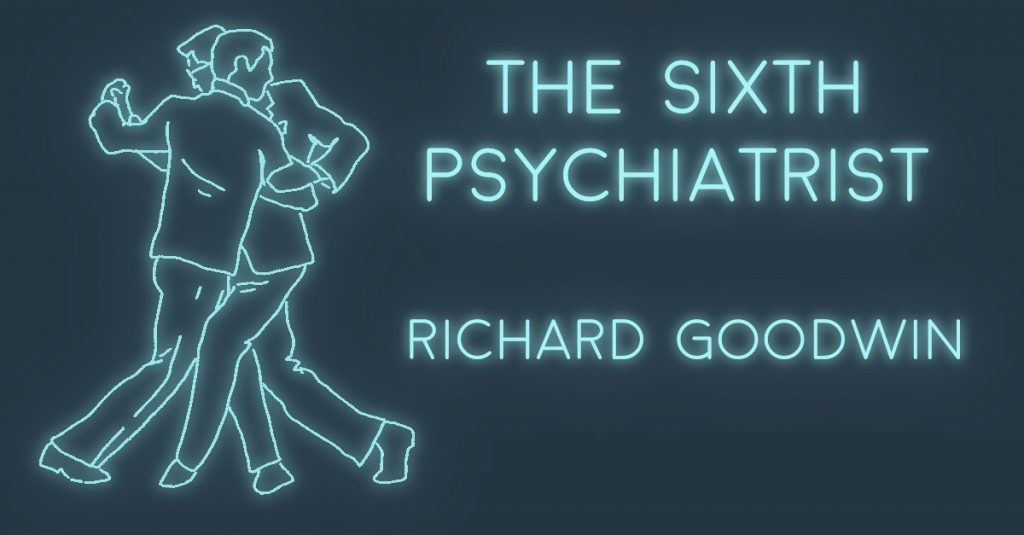
THE SIXTH PSYCHIATRIST by Richard Goodwin
The sixth psychiatrist was a young guy with tattoos and piercings and scruffy hair dyed the color of an Irish setter.

The sixth psychiatrist was a young guy with tattoos and piercings and scruffy hair dyed the color of an Irish setter.
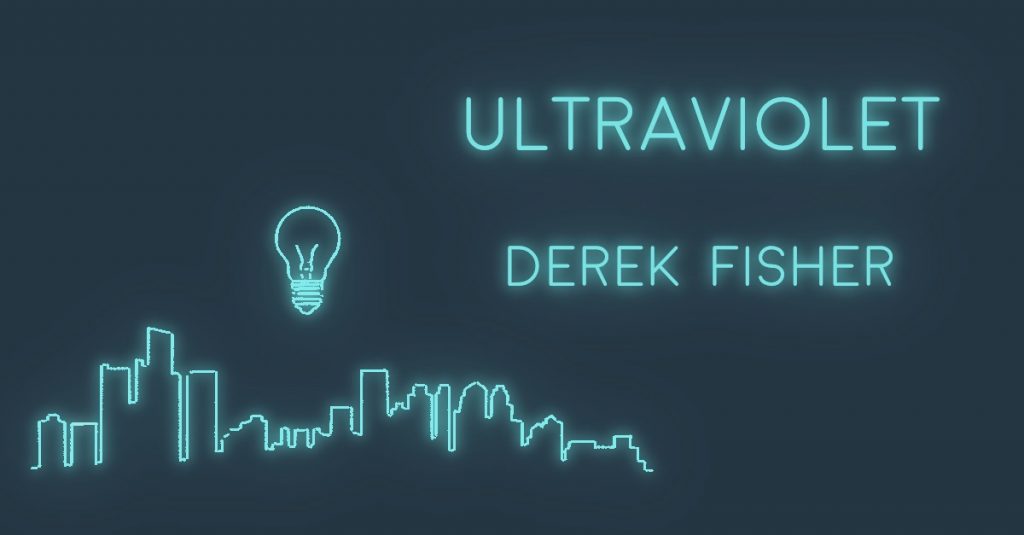
I have used meter-long glass tubes to settle debts twice both times swiped from the quote unquote office both times drew blood one time got my money back
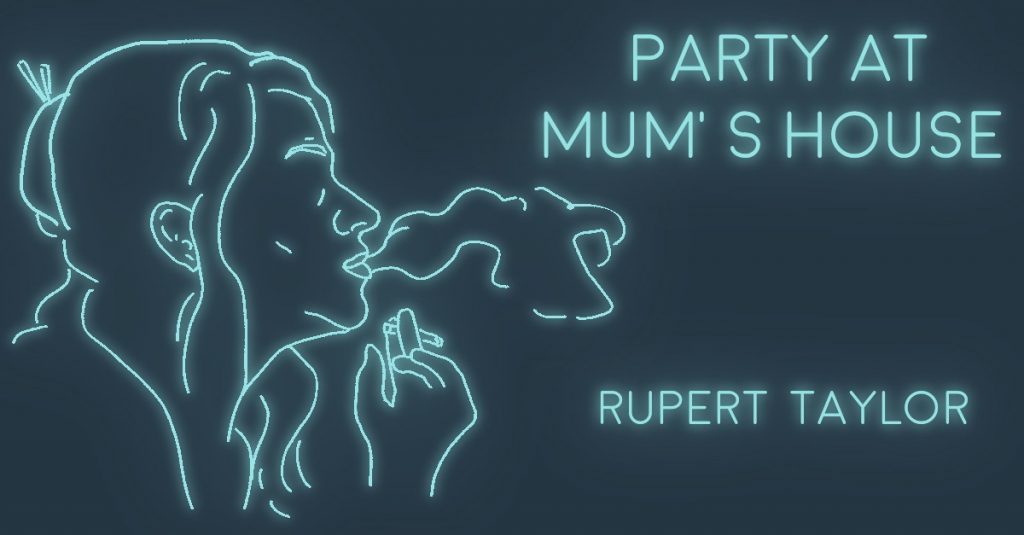
Some girl chugged a flask of vodka, passed out, and puked up what looked like spaghetti bolognese.
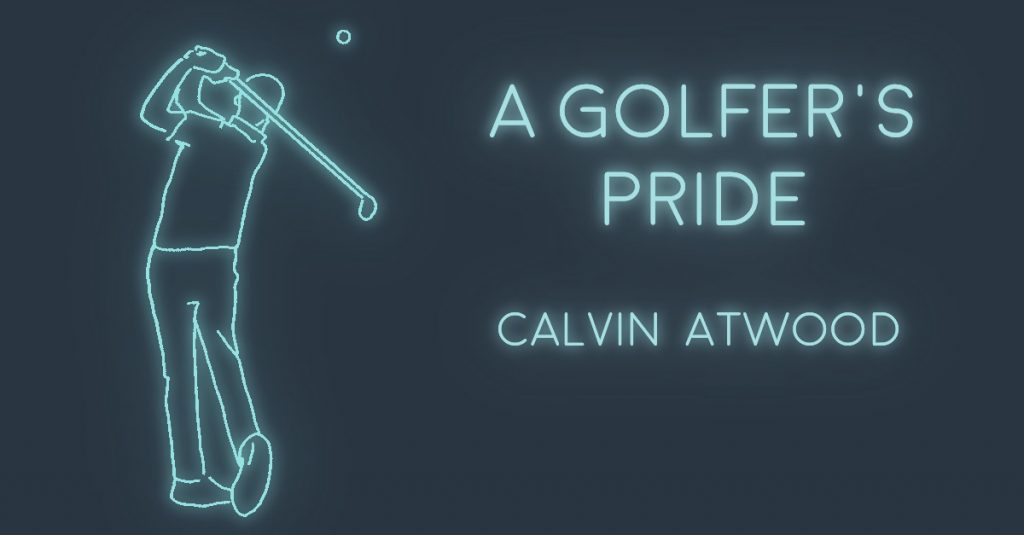
During our very first conversation, Erik told me that he liked his blow jobs fast, and he once fucked a hooker in a Detroit airport bathroom.
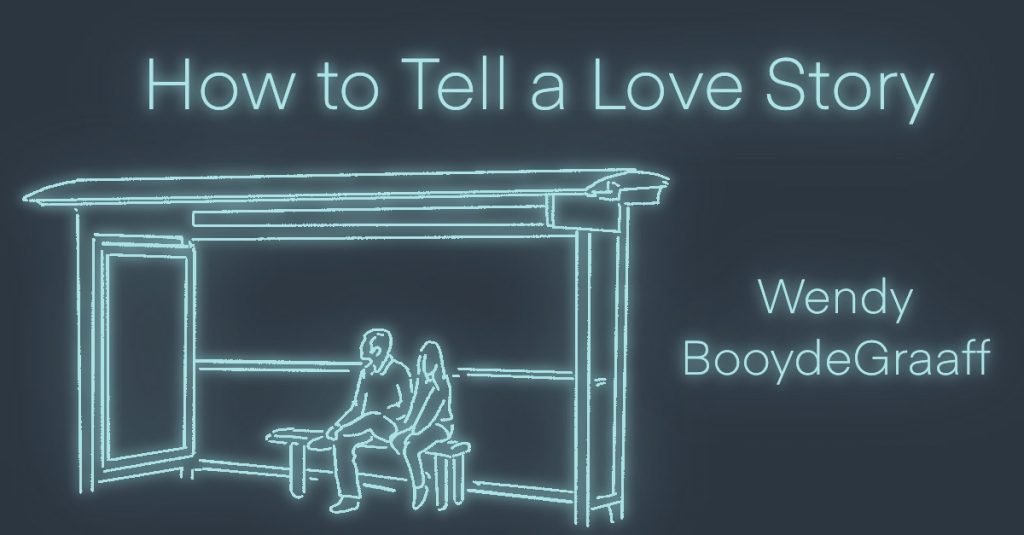
These two are not young, not rom-com blow-dried and fresh. One of them has an eye with a filmy sheath over the iris, and the eye also wanders, preventing the long lovers’ gaze.
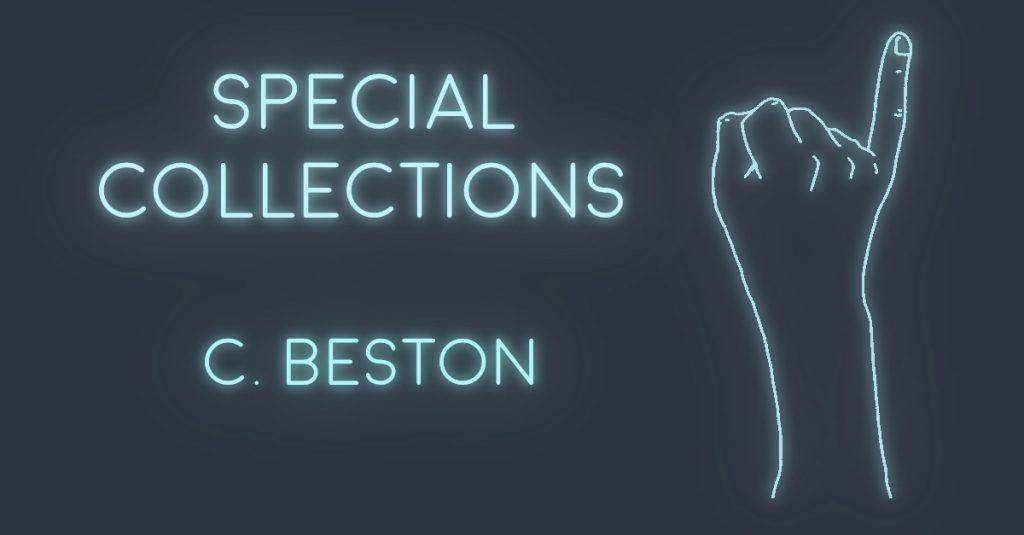
My husband lost the finger in a card game, then his hosts kept it and bequeathed it to your institution.
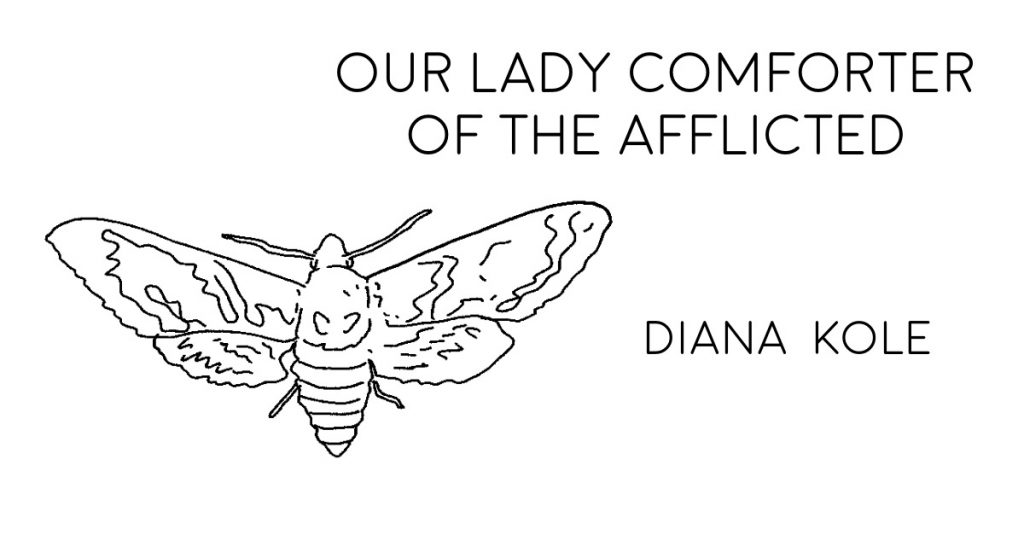
I watched a moth crawl toward me on the concrete. One of its wings was damaged; I had a strong impulse to crush it with my boot.
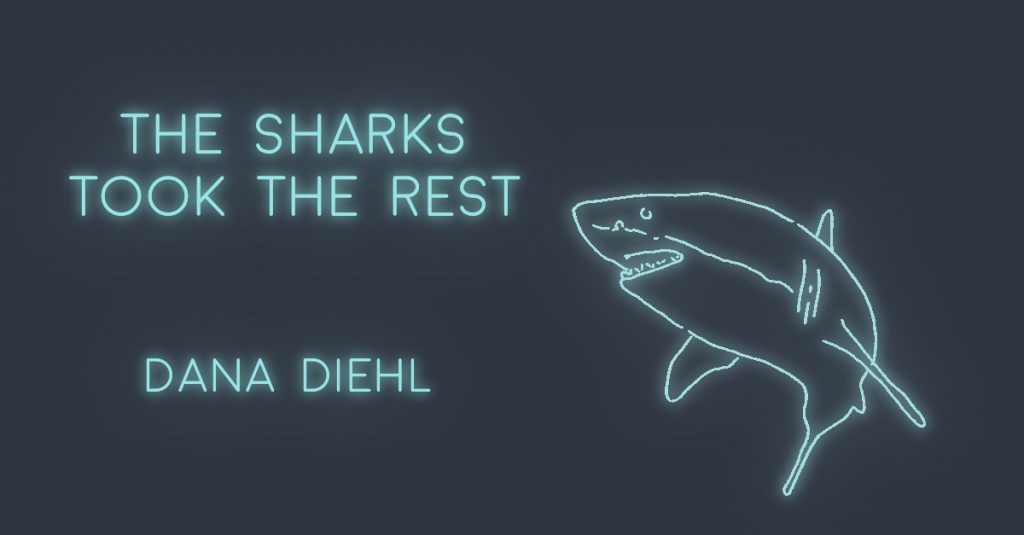
Killing a shark is always personal. The shark ate your wife. The shark ate your son.
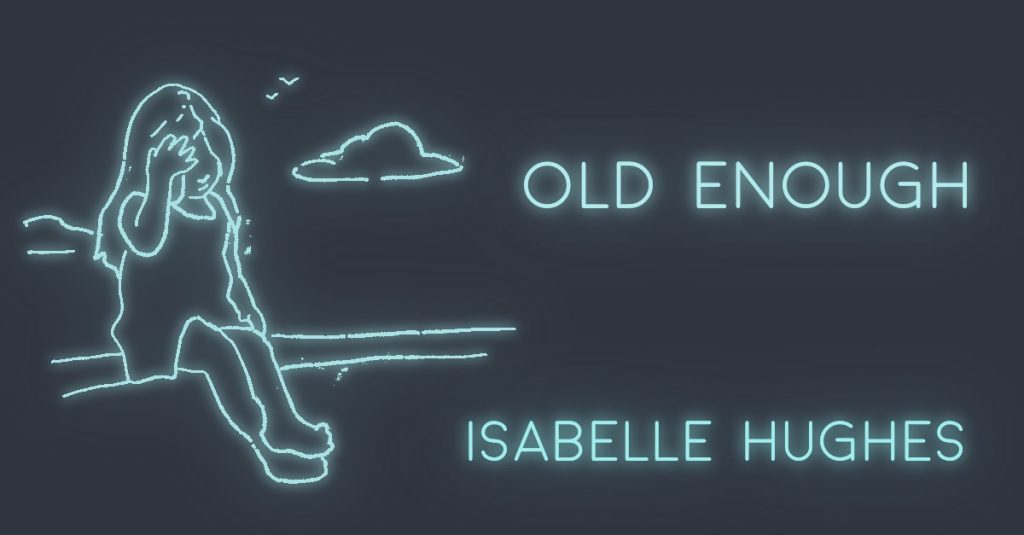
There hadn’t been this much excitement since the boys came home from war with their uniforms and their little triangular hats. They’d been shipped off again.
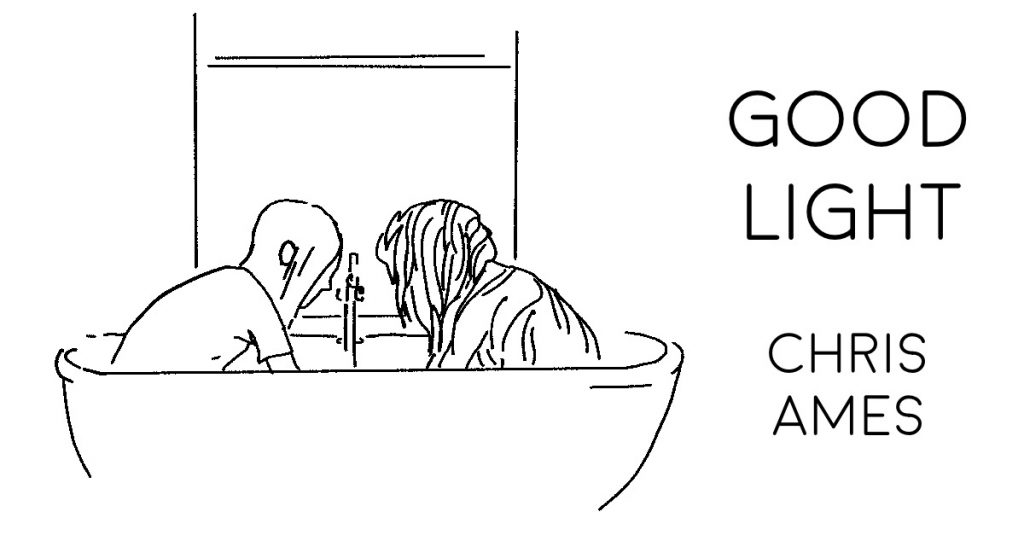
I pull up hard and dredge out a congealed braid of hair the length of an arm. Horrified, I keep pulling and it just keeps coming.